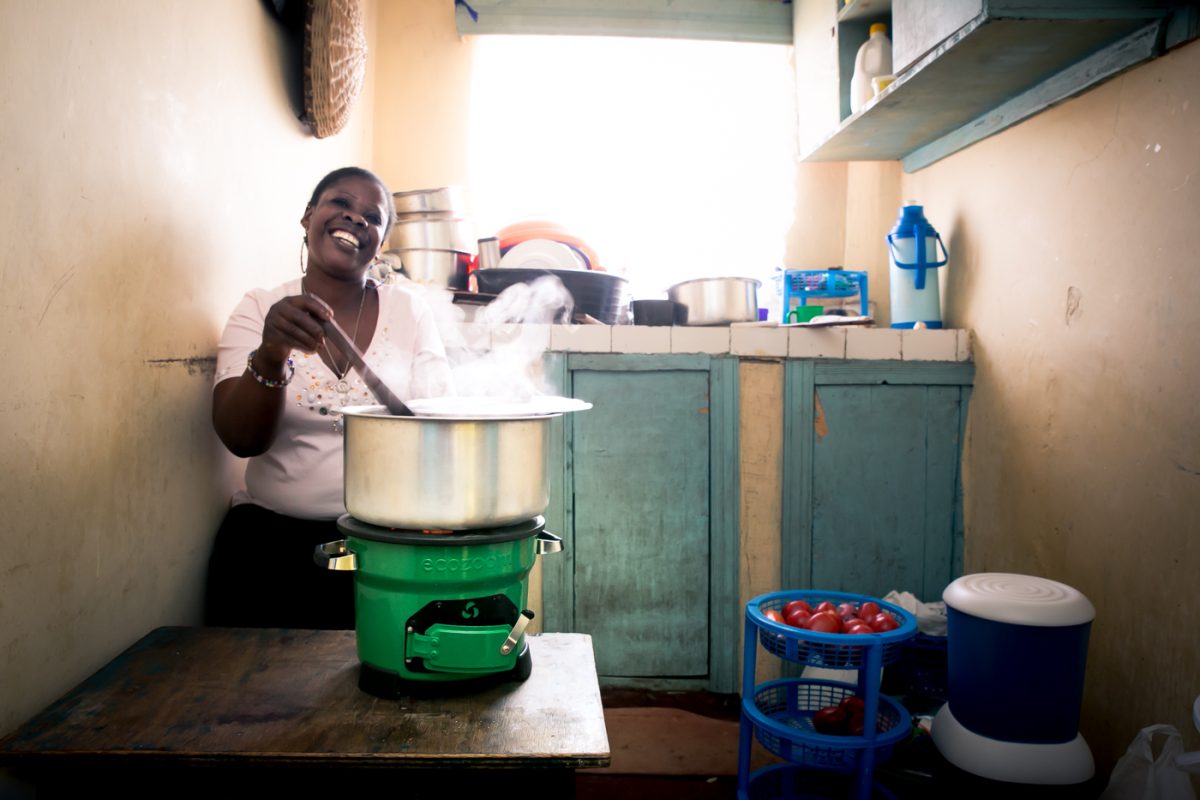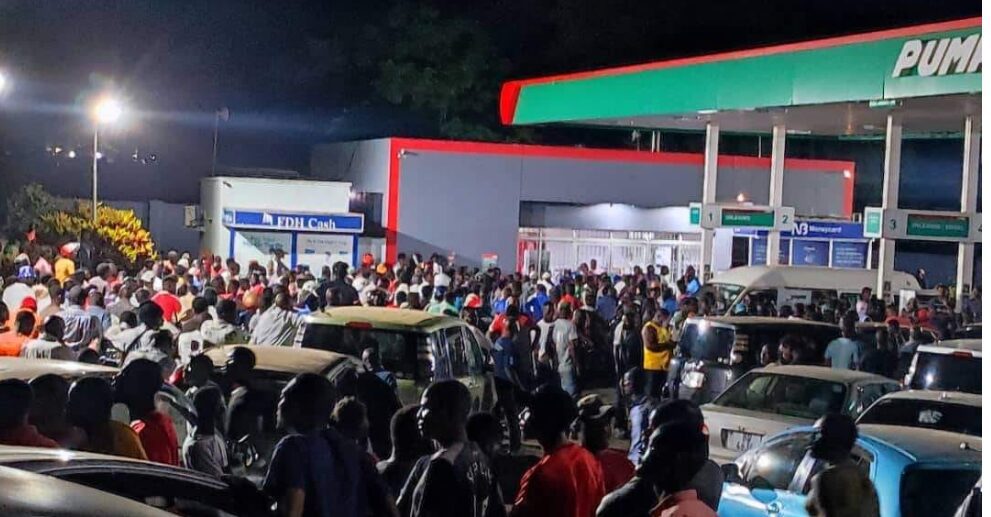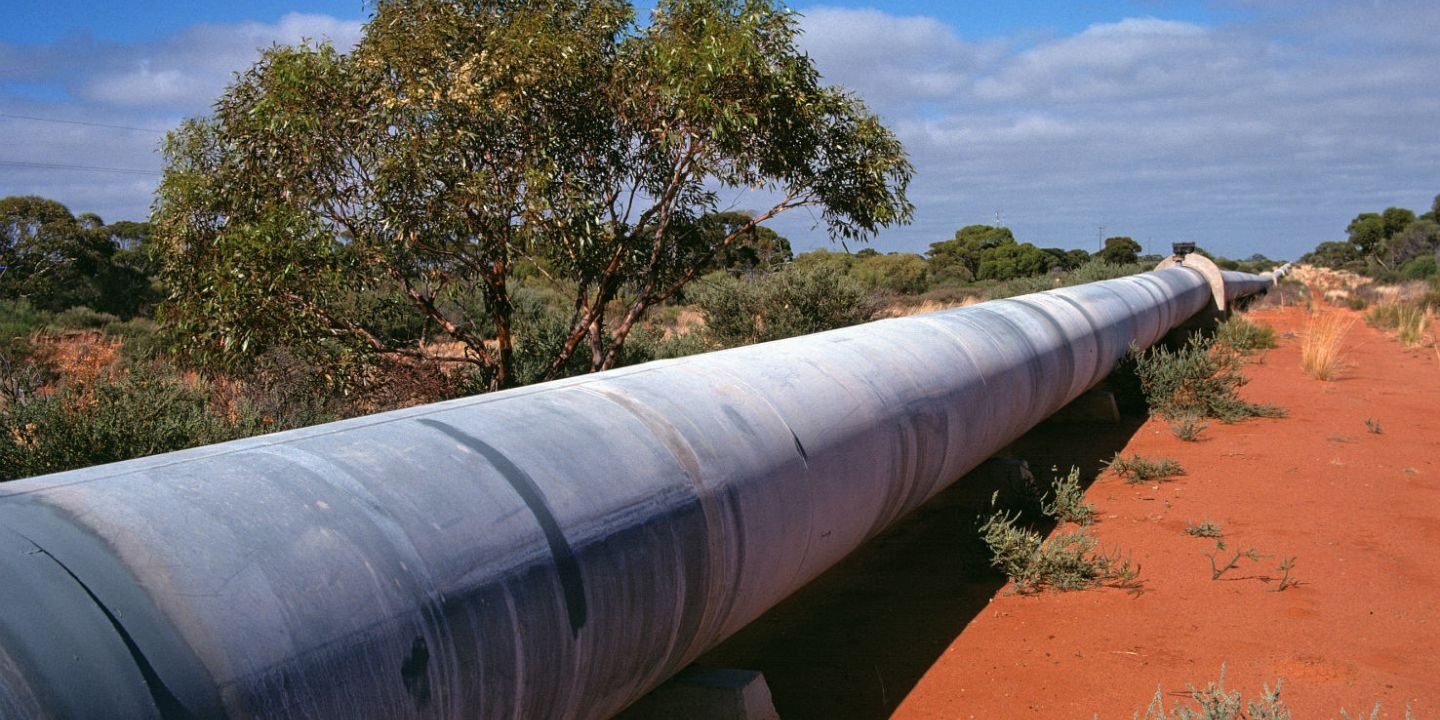
Thursday 21st August 2025

非洲记者报道
In April 2024, African leaders, development banks and companies promised $2.2 billion to expand clean cooking across Africa. This is a big step for public health and climate. The International Energy Agency (IEA) is tracking those commitments and says they are now part of a roadmap to speed up access. The IEA’s July 2025 report frames clean cooking as a core energy-security issue, not a side project.
How much progress has money made so far? As of July 2025, about $470 million of the $2.2 billion had already been disbursed by governments and the private sector, according to independent reporting that draws on IEA tracking. That shows momentum, but also the scale left to cover. Millions of families still cook with charcoal or firewood, which harms health, consumes time, destroys forests, and keeps women and children at risk of smoke-related disease.
The need is huge. Around two billion people worldwide still lack access to clean cooking, with most of them in sub-Saharan Africa. The IEA’s 2025 update adds that more than 70% of Africans without access now live in countries that have improved their clean-cooking policies since 2024—evidence that political will is rising. Even so, on current trends, the region is not on track to reach universal access by 2050 without much faster action.
So what works now? First, keep pledges moving to projects with clear results—like distribution of efficient stoves, pay-as-you-go LPG and electric cooking pilots where grids are strong. Second, build integrity: many programs rely on carbon revenues. The market is changing, and some methodologies have faced criticism. Developers and buyers should follow the higher-integrity standards now emerging, while governments integrate clean cooking into their national climate plans. This reduces risks and draws in more finance.
Finally, be practical about costs. The IEA’s new roadmap outlines what a realistic ramp-up looks like, including country-by-country infrastructure and affordability checks. The message is simple: clean cooking is solvable with today’s technology if finance flows faster, regulations keep improving, and projects are designed around household reality. In 2025, the direction is right; the challenge is speed and scale.


